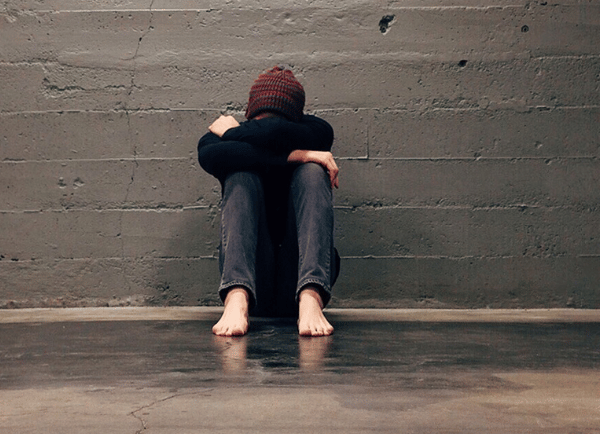Post delivery depression signs and cure
After birth some womens face this problem
HEALTHCARE


Post-Delivery Depression: Finding Hope and Healing
The arrival of a new baby is often associated with joy, celebration, and excitement. However, for some new mothers, the postpartum period can bring about unexpected feelings of sadness, anxiety, and even depression. This phenomenon, known as post-delivery depression, can be challenging to navigate, but it's crucial to recognize that you are not alone, and there are effective ways to find relief and healing.
Post-delivery depression, also known as postpartum depression (PPD), is a mood disorder that affects some women after giving birth. Unlike the "baby blues," which are characterized by mild mood swings and typically subside within a week or two after childbirth, postpartum depression is more severe and persistent. It can develop anytime during the first year after childbirth.
Symptoms of post-delivery depression may include:
Persistent sadness or low mood
Extreme fatigue and low energy
Irritability and mood swings
Difficulty bonding with the baby
Changes in appetite and sleep patterns
Feelings of guilt, worthlessness, or hopelessness
Loss of interest in previously enjoyed activities
Thoughts of self-harm or harming the baby (in severe cases)
It's important to remember that postpartum depression is a medical condition and not a sign of weakness or failure as a mother. Hormonal changes, sleep deprivation, and the challenges of adjusting to motherhood can all contribute to the development of PPD.
Seeking Help
The first step in addressing post-delivery depression is seeking help. It's essential to reach out to a healthcare provider, such as an obstetrician, gynecologist, or mental health professional, who can diagnose your condition and provide appropriate treatment options.
Treatment for postpartum depression may include:
Therapy:
Psychotherapy, such as cognitive-behavioral therapy (CBT) or interpersonal therapy (IPT), can help you manage your symptoms, address negative thought patterns, and improve coping skills.
Medication:
In some cases, healthcare providers may prescribe antidepressant medication to help regulate mood. It's essential to discuss any concerns or questions you have about medication with your healthcare provider.
Support groups:
Joining a postpartum support group or seeking support from family and friends can provide a sense of community and reduce feelings of isolation.
Self-care:
Prioritizing self-care is crucial. Ensure you're getting enough sleep, eating well, and finding time for relaxation and activities that bring you joy.
Delegate responsibilities:
Don't hesitate to ask for help with household chores or childcare from your partner, family, or friends. Reducing your daily stressors can make a significant difference in your mental well-being.
Exercise:
Engaging in regular physical activity has been shown to boost mood and reduce symptoms of depression.
Open communication:
Share your feelings and experiences with someone you trust, whether it's your partner, a close friend, or a therapist. Talking about your emotions can be incredibly cathartic.
Preventing Post-Delivery Depression
While postpartum depression cannot always be prevented, there are steps you can take to reduce your risk:
Prenatal care:
Attend all your prenatal appointments to monitor your physical and emotional health during pregnancy.
Build a support network:
Surround yourself with supportive and understanding people who can help you during the postpartum period.
Educate yourself:
Learn about postpartum depression and its symptoms before giving birth, so you can recognize them early if they arise.
Plan for self-care:
Develop a self-care plan that includes activities you enjoy and strategies for managing stress.
Post-delivery depression can be a challenging and overwhelming experience, but it's essential to remember that help and support are available. By seeking professional help, building a strong support network, and practicing self-care, you can overcome postpartum depression and find your way back to a place of joy and contentment as you embrace the journey of motherhood. Remember, you are not alone in this, and there is hope for a brighter future.
Fast recovery c- section tips
Parenting tips for new born


